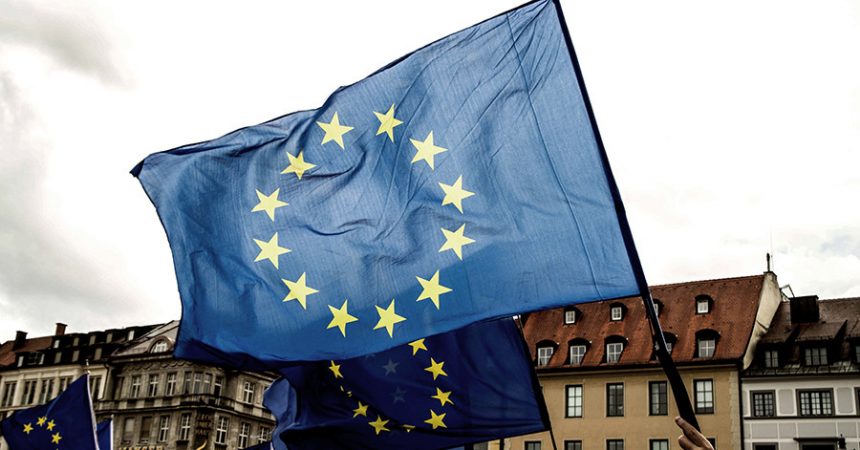Following the recent electoral results in Italy and the strong showing by Matteo Salvini and his far-right party, the League, another European pattern is taking shape. We have a pattern that is spreading from Eastern European countries, engulfing central Europe and now reaching also the Southern shores through Italy.
Various results in European elections held during 2017 and this year show a growing appetite for far-right parties. In Hungary, Fidesz holds both the Presidential seat and the government, with Viktor Orban as Prime Minister.
The rise of the far-right doesn’t necessarily translate into power for nationalistic and populist parties. The staggering number of seats won by these parties, such as the AfD in Germany does not bode well for the future.
The increase in influence of Tomio Okamura’s SPD in the Czech Republic and the 26% of votes obtained by the Freedom Party in Austria where it now forms part of a coalition government with the centre-right People’s Party were further confirmation of the trend that is forming. The same can be said about the Brexit vote in the UK and growing anti-Semitism sentiments in Poland.
Its a worrying trend but blaming the growing popularity of nationalist and far-right parties on migration and the EU alone is too simplistic.
There is much more to it. The rise in inflation and stagnant wages are a source of anger among many Europeans. Speculative entrepreneurs inflate prices so they become rich at the speed of light and social welfare systems are collapsing while politicians keep getting richer and richer just like the pigs in Orwell’s Animal Farm.
Then there is corruption. The money that politicians are pocketing and the money the ‘entrepreneurs’, contractors, business people and criminals are stealing is the same money that should be used to improve citizens’ quality of life.
The money that should go to fix the roads, assist the poor, re-train redundant workers. With no real change in sight and the failure of mainstream parties to grab the bull by the horns, point us towards one direction. We need something new.
One can’t ignore the fact that in most of the countries in which extremism is on the rise also suffer from high levels of corruption. According to the special report by EuroBarometer on corruption published in October 2017, showed that over two thirds of Europeans think that corruption is widespread in their country.
What is even more worrying is that while most Europeans think that corruption is widespread among political parties (56%) and politicians (53%) only a quarter of Europeans realise that corruption affects their everyday life.
This explains the rise of political parties such as ANO, SPD and Pirati in Czech Republic, M5S and The League in Italy among others.
Seeing no alternative to the current malaise in the traditional parties people are opting for new possibilities; either the entrepreneur turned politician or the extreme right or liberal parties with direct democracy approaches.
If Europe doesn’t act immediately and make sure a direct approach to combating corruption is in place it will commit a political suicide.
Europe needs a new breed of politicians that believe in the EU’s founding principles. What is written on paper needs to be put in practice













